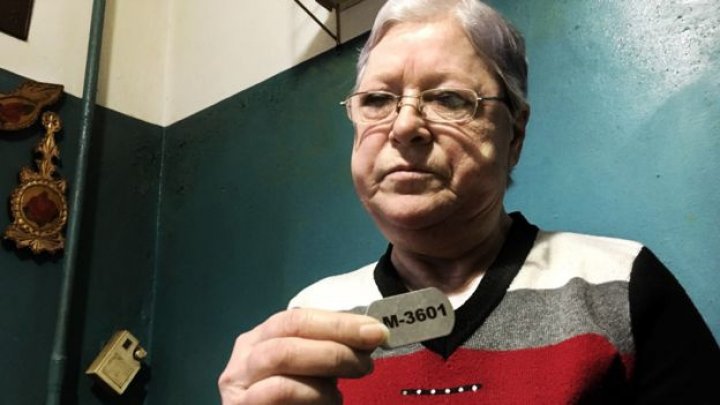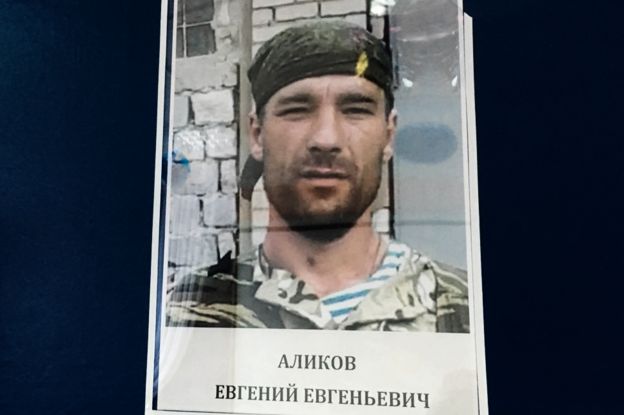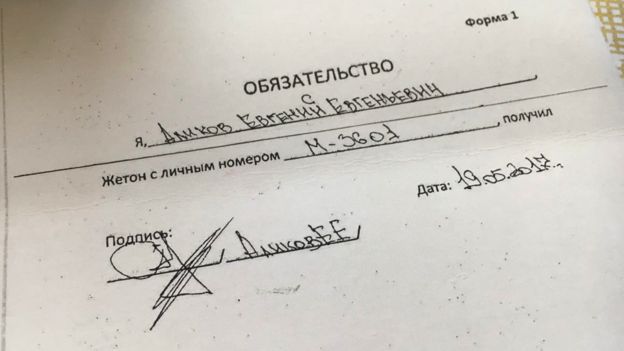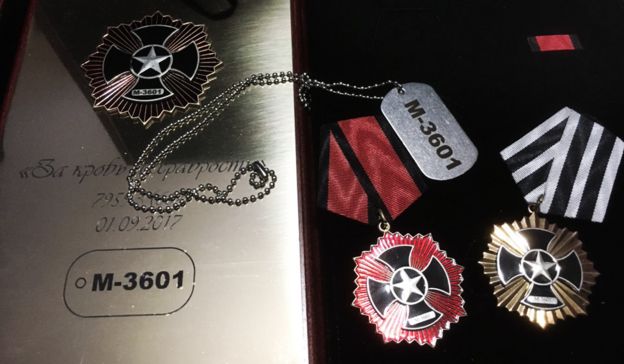How and where Russian guns for hire have been killed in Syria
 foto: bbc.com
foto: bbc.com
The deaths of Russian fighters in Syria on 7 February exposed the operations of a shadowy group of mercenaries there. Some reports speak of more than 100 Russians killed in one battle; officially it is "several dozen" Russians killed or wounded.
The BBC Russian Service has investigated how and where Russian guns for hire have been killed in Syria.
Last September, Nina Atyusheva, a pensioner in the small town of Severoonezhsk, received a phone call telling her that her son Yevgeny Alikov had died in Syria.
A week later a man arrived with a coffin and 5m roubles (£63,050; $90,000) in insurance money. He had driven 2,100km (1,305 miles) to Russia's far north to return Nina's "little boy".
The man placed the money on the kitchen table in stacks of 5,000-rouble notes.
The BBC attempted to contact the man, but whoever answered the phone claimed to be someone else and said he knew nothing about Russian volunteers in Syria.

'Mum, I'm off to the front'
There is not much to Severoonezhsk in the Arkhangelsk region. It's a remote mining town where the only landmarks are the five-storey apartment blocks by the River Onega.
Yevgeny studied in St Petersburg and, after getting married, moved to Moscow to live with his wife and three children.
Nina says that between 2014 and when he left for Syria, her son went to eastern Ukraine several times. He fought for the pro-Russian separatists in Luhansk.
After Ukraine, he spent a month at a training base in Rostov-on-Don before he was sent to Syria.
There are frequent media reports that fighters for Private Military Companies (PMCs) are trained at a base in the Krasnodar region and are sent to Syria on military planes from Rostov.

Yevgeny arrived in Syria last summer, on a passport given to him on 16 June. One of the documents his mother received after his death shows his identification number: M-3601.
The numbers given to soldiers by the defence ministry usually have a single letter of the Russian alphabet followed by a six-digit number. The numbers given to PMC fighters in Syria only have four.
Yevgeny sent his mother letters from Syria. "Mum, I'm off to the front," he wrote, adding that the sand was so bright, he couldn't walk around without sunglasses.
He was there for just two months. On 2 September he was killed near the town of Tiyas in Homs province. On the death certificate it says he died from "a gunshot wound to the abdominal cavity".

Nina was also given two medals from from the PMC known as Wagner, that employed her son. One for "heroism and valour" and the other for "blood and bravery".
She describes her son as a kind man and a good father: "Everyone cried when they brought him home."
The insurance money went into accounts for her grandchildren because she thought Yevgeny would have wanted that.
Last year the US government added PMC Wagner to its list of Russian individuals and entities subject to sanctions for involvement in the Ukraine conflict.
Read more bbc.com.